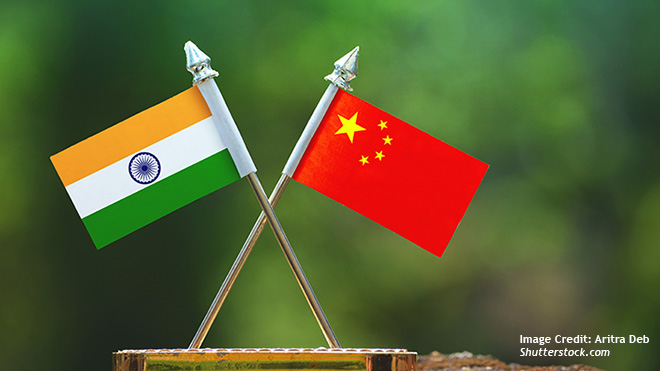Modi at SCO: The Significance of China in India’s Foreign Policy

Jagannath Panda
With Indian Prime Minister Narendra Modi preparing to attend the Shanghai Cooperation Organization (SCO) summit in Tianjin at the end of August and expected to meet Chinese President Xi Jinping, the global stage is increasingly defined by deepening geopolitical fragmentation. While U.S. President Donald Trump’s summits with Vladimir Putin and Volodymyr Zelensky have sparked some optimism about a possible peace deal between Russia and Ukraine, global instability remains, primarily due to Trump’s tariff policies, of which India appears to be a primary target.
The recent announcement of a 50 percent tariff on Indian goods by the Trump administration has unsettled India’s growing trust in the United States as a reliable Indo-Pacific partner. At such a critical juncture, Modi’s decision to attend the SCO summit and Chinese Foreign Minister Wang Yi’s recent visit to India, during which he stated that both countries should be “partners not adversaries,” signal a fresh opportunity to recalibrate China-India ties. Following the deadly Galwan clashes in 2020, dialogue had come to a standstill until October 2024, when the two countries reached a significant disengagement agreement concerning the patrolling of border areas in Depsang and Demchok along the Line of Actual Control (LAC).
In Tianjin, Modi will not merely be participating in another multilateral forum; he will seek to reinforce a vision of India as an autonomous power—one determined to shape, rather than be shaped by, a world order currently influenced by Trump’s assertive policies. The question is: how integral is a partnership with China (and Russia) for India in its search for strategic independence?
Read the full piece here in the South Asian Voices (SAV) at the Stimson published on August 26, 2025.